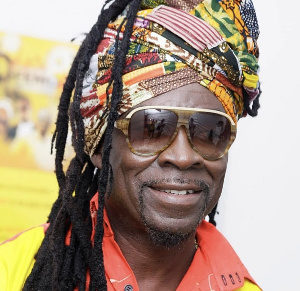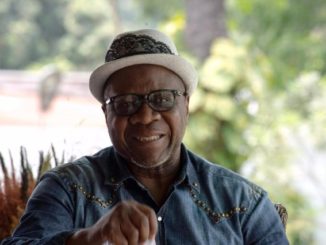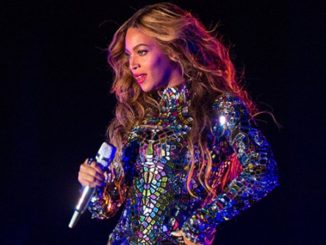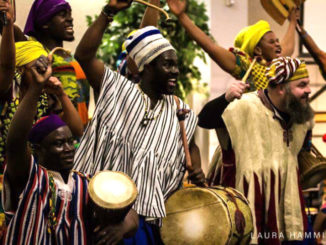 Mr Kojo Antwi, veteran Ghanaian Highlife Musician has cautioned music lovers to be wary of the kind of music they support, listen and give attention to.
Mr Kojo Antwi, veteran Ghanaian Highlife Musician has cautioned music lovers to be wary of the kind of music they support, listen and give attention to.
According to him, music was a medicine with significant effect on the well-being of the people and advised the public not to fall for any type of music but go in for the music that comfort the soul.
‘The kind of music we download, the kind of music we play, the support and attention given to them help in sustaining that kind of music and they have effects on us. Music is medicine so be careful what you give attention to’, he cautioned.
Mr Antwi gave the caution when he spoke as a panelist at a roundtable on “Sustaining a distinctive Ghanaian Musical Identity in a Globalised Musical Mix” at the University of Cape Coast (UCC).
The roundtable formed part of a 14-day Workshop and activities of the 6th biannual Sustainable Development Goals (SGD) Graduate School’s ‘Performing Sustainability’, Culture and Development in West Africa underway at UCC.
The SDG Graduate School is a collaborative German Academic Exchange Service (DAAD)-funded project being carried out jointly by the Universities of Hildesheim (Germany), Maiduguri (Nigeria) and Cape Coast (Ghana) with focus on the overlapping areas of culture, performance and sustainable development.
With over three decades of music experience, Mr Antwi expressed worry about the caliber and quality of music being produced in recent times saying, “most of our songs today have been reduced to singing about self and body”
He said urgent and pragmatic steps were needed to change the narrative but advised Ghanaian and African musicians to compose songs that would impact their communities positively.
“For me, my focus on creating a music is not awards but to impact my community. That is very important”, he stressed.
He implored all stakeholders to work towards preserving and sustaining the rich Ghanaian musical rhythms.
According to the “Music Man”, though music was dynamic and changes over time, the basic principles and the rhythmic patterns of rich Ghanaian music must not be distorted just in the name of change.
Mr Antwi further called for the re-introduction of Music education into the educational curriculum at the basic schools to teach the young generation the indigenous Ghanaian music and folklore.
The panelists interrogated the idea of identity and how it transcend and demonstrate who are Ghanaians are.
–
GNA



